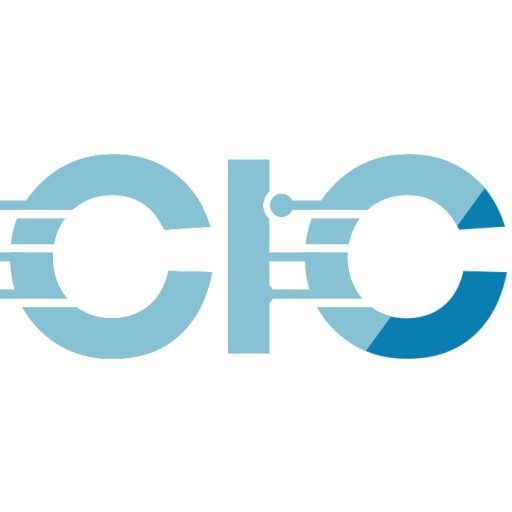
Germany’s Federal Ministry of Transport has presented the draft Masterplan Charging Infrastructure 2030, outlining its roadmap for expanding the national charging network – including heavy-duty electric vehicles. Stakeholder consultations are now underway, and details may still change.
Federal Transport Minister Patrick Schnieder (CDU) has unveiled his ministry’s strategy for scaling up Germany’s EV charging network. Building on previous frameworks, the new Masterplan defines key measures to accelerate expansion, streamline regulation, and strengthen the charging ecosystem. The plan also sets clear goals for electric trucks and buses, reflecting the growing importance of commercial e-mobility.
“The Masterplan Charging Infrastructure 2030 is our new roadmap to ensure that everyone who wants to charge can charge,” said Schnieder in the announcement. “This goal can only be achieved in close cooperation with federal states, municipalities, businesses, investors and citizens.”
The Masterplan outlines around 40 measures across five action areas: boosting demand and investment, simplifying implementation, enhancing competition and price transparency, improving grid integration, and increasing user-friendliness and innovation. Unlike earlier editions, the measures focus less on individual subsidies and more on creating favourable conditions for market-driven growth, such as faster approval procedures, targeted innovation funding and digitalisation of grid access processes.
One area of focus is residential and depot charging. From early 2026, new funding will support charging points in multi-family buildings and the upgrading of electrical systems. Similar programmes are planned for depots and bus depots, though these remain subject to budget approval.
The government also reaffirms its commitment to building a nationwide fast-charging network for electric trucks along motorways. Around 350 rest areas will be equipped with high-power chargers. In parallel, the ministry plans to introduce a “long-term concept for motorway charging” in 2026, defining future infrastructure requirements across all vehicle segments.
The Masterplan also aims to simplify regulatory processes. The ministry intends to revise Germany’s Building Electromobility Infrastructure Act (GEIG) by 2026 and adapt zoning and building regulations to ease site development. Data reporting obligations for charging point operators will be streamlined, aligning with the EU’s AFIR regulation and the German “Mobilithek” data platform.
To improve market transparency, the plan proposes a central data hub showing real-time charging prices from all operators, ensuring that paying and charging is as simple as refuelling. Germany also intends to push for clearer EU rules on fair and comparable EV charging tariffs.
Grid integration remains a central challenge. The ministry plans to digitalise and standardise grid connection procedures nationwide, particularly for medium-voltage connections at fast-charging sites. Future measures include online portals, faster response times, and improved transparency on grid capacity, enabling better investment planning.
Bidirectional charging receives dedicated attention. The ministry will fund pilot projects in residential buildings and logistics depots, while working with the Federal Network Agency to explore business models and regulatory incentives. Planned tax law changes aim to simplify bidirectional charging operations.
The government also plans to extend the Electric Mobility Act (EmoG) beyond 2026, maintaining local privileges for EV users. It will promote accessibility at public chargers, oppose overnight blocking fees, and support the introduction of reservation functions for medium- and heavy-duty EVs.
In response to increasing theft, a joint “anti-cable theft initiative” will be launched with the Interior Ministry and federal states. The government also aims to allow cable replacement without mandatory recalibration of entire charging systems, reducing repair costs and downtime.
Finally, the plan supports trials of battery-swapping systems for electric trucks. A new DIN specification defining technical parameters for interoperable swappable batteries is due by the end of 2025, paving the way for the first industrial-scale pilot projects and potential EU-wide standardisation.
bmv.de (statement; in German), bmv.de (draft as PDF; in German)


